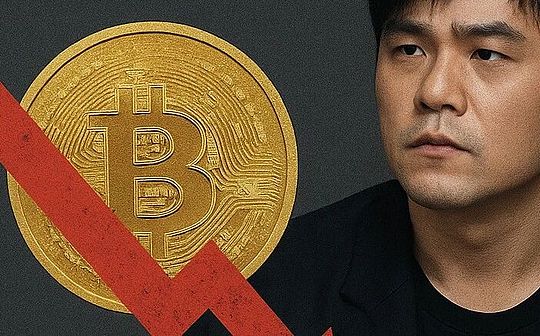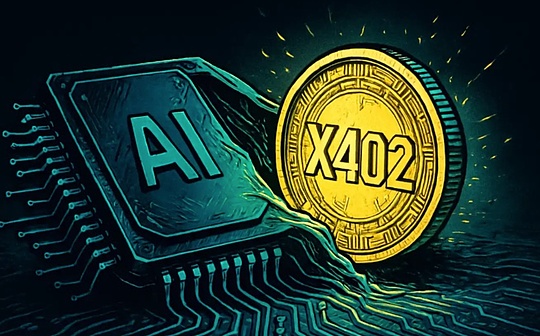
Recently, Chinese music king Jay Chou has been involved in a controversy related to cryptocurrency investment.Multiple Taiwan and Hong Kong media reported that Jay Chou entrusted a friend to manage a cryptocurrency asset worth hundreds of millions of New Taiwan dollars. However, it was suspected that the account was locked and the funds were difficult to withdraw, which led to a breakdown in the relationship between the two parties and attracted public attention.

1. Event review: from “trust custody” to “evaporation”
According to reports, Jay Chou’s friend Cai Weize, a former magician, has managed a group of cryptocurrency accounts on his behalf for more than a year.It is said that the assets are mainly in Bitcoin, and the amount may be as high as NT$100 million.
However, since last year, the account reportedly had problems such as being “locked and unable to withdraw funds.” Cai Weize said that he was unable to withdraw funds.Jay Chou tried to communicate many times but failed.
In mid-October, Jay Chou made a rare post on his personal Instagram, publicly naming the person he was looking for, saying, “If you don’t show up, you will be finished.” This caused shock to the outside world.Many fans and netizens expressed concerns in the message area, and some comments pointed out that “celebrities are at high risk of currency involvement” and “trust custody itself has a gray area.”
At present, the relevant parties have not made further response to the media.Jay Chou’s company, Jewel Music, simply stated that it was “inconvenient to respond to private investment matters.”
2. The truth remains unclear: losses from currency speculation or asset disputes?
Although some media used the headline “Loss from currency speculation”, judging from the current information, the core of the incident was not investment losses caused by market decline, but more likely to involve:
-
Account lock issue——It is not clear whether it is the exchange, wallet service provider, or the security mechanism that caused the freeze;
-
Fund custody disputes——If it is a private trust or agency relationship, the boundaries of responsibility are vague and difficult to identify legally;
-
Investment contracts are not transparent—— Without written authorization and asset certificates, subsequent recourse will be extremely difficult.
Therefore, the term “loss” is currently closer to “the risk of unavailable funds” rather than a clear market loss.
3. Artists and the Crypto Market: Misplacement of Trust
In fact, this is not the first time that an artist has been involved in cryptocurrency-related controversy.Previously, NBA star Curry, singer Justin Bieber, and many Korean artists have suffered heavy losses due to NFT or token projects, or have been questioned due to promotion projects.
One thing in common among these cases is –Trust is magnified and risks are ignored.
When artists or public figures entrust funds to others, it is often based on a private trust relationship. However, the anonymity and irreversibility of encrypted assets make this “verbal trust” easily evolve into high-risk behavior.
Crypto-assets are not guaranteed by banks and lack unified supervision. Once the account is locked, the private key is lost, or the custodian loses contact, it is often difficult to recover the funds.
4. Rational Enlightenment: Both investment and trust require boundaries
Although the Jay Chou incident still needs more facts to be clarified, it is enough for the market to once again reflect on the two core risks in crypto investment:
-
Private hosting risks: Don’t easily hand over your assets to others to operate on your behalf. Even if the other party is trustworthy, you should sign a formal authorization document and retain the fund certificates.
-
Star power is misleading: The participation of public figures in the currency circle does not mean that the project is safe or sustainable.Rational investment should be based on independent judgment.
-
Transparency and Compliance: Fund flows should be managed through compliant exchanges and KYC wallets as much as possible to reduce lock-in and freezing risks.
5. Conclusion
There is no shortage of temptations in the crypto world, but “trust” and “risk” are always two sides of the same coin.
The final truth of the Jay Chou incident has not yet been revealed, but regardless of the outcome, it reminds us:In a decentralized world, trust is not the guarantee of assets, control is.






